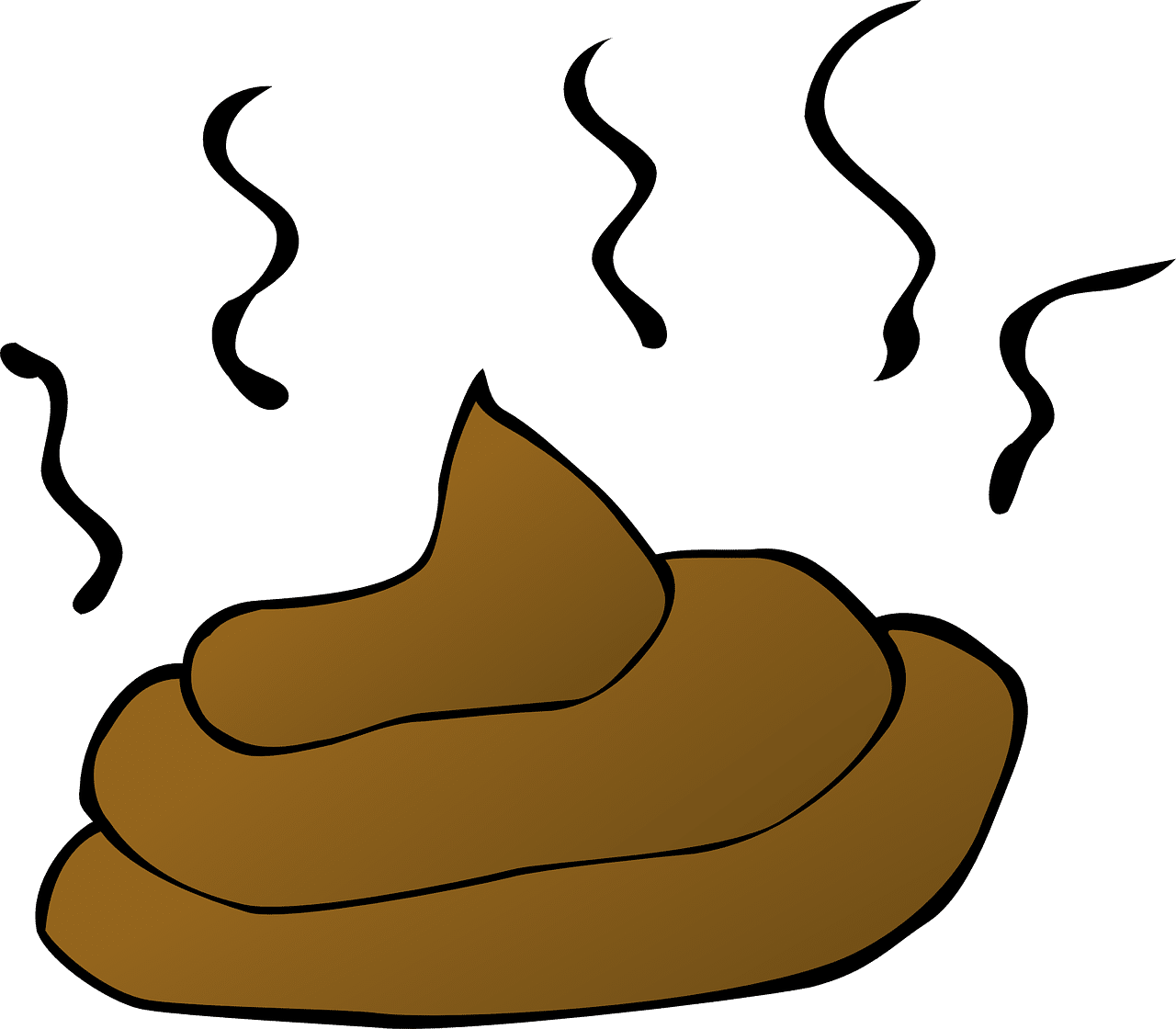The research team at CU Medicine (The Chinese University of Hong Kong) has revealed that they have identified coronavirus in poop samples that were taken from infants with no clear GI symptoms. This is the first-ever evidence on the presence of coronavirus in the poop samples even after no virus indicated in the respiratory tract. It suggests that it is possible for the viral activity to prolong even after the respiratory system is cleared. And these viruses in the gut end up in poop after excretion. The complete results of this study are published in the journal Gut.
Stool tests are relatively safer and easier to do which is why the research team at CU Medicine opened a free testing facility in March. They were able to collect 2000+ poop samples till August and six of those samples were confirmed for the virus.
Also read- Latest Russian Coronavirus Vaccine Results Report Success
Now the CU medicine is offering more than 2000 tests for diagnosing coronavirus daily. And this diagnostic test will also include a poop test to identify if more people have it. The reason of analyzing more sample sis to know if asymptomatic patients of coronavirus still carry the virus or not. This information will be extremely helpful to control the virus spread.
Among the confirmed patients of coronavirus, the researchers are able to find an imbalance of gut microbiota suggesting that the nasty bacteria grow much more and the beneficial bacteria are reduced. The active viral replication inside coronavirus patient’s gut even after the recovery shows that coronavirus post-recovery guidelines should be revised.
This fecal presence of the viral particles is no less than a threat because the virus can still spread through fecal-oral contamination. Different therapeutic approaches, for example, something that could halt the viral replication in the gut by re-modulating gut microbiota may be helpful to control the situation.
Some previous studies from CU Medicine shared that the virus is detectable in the fecal samples from almost all patients without any discrimination of disease stage. That’s why the faculty offered free stool sample testing so that they can find a pattern of viral presence in asymptomatic and symptomatic patients.
These samples are processed by the Department of Microbiology and the results are presented the very next day. From March to August, the nearly 2,128 samples have been checked and the detection rate of coronavirus is almost 0.28%.
Also read- Is Exercising After Coronavirus Treatment Difficult?
CU medicine has received huge support and appreciation from the Hong Kong Government for increasing its testing capacity. With this help, the faulty is all set to offer 2000 test analyses per day which will be helpful to understand the infectious spread and post-recovery transmission.
Among these samples, the confirmed coronavirus case who had the virus in the poop sample was otherwise tested negative for viral presence in the respiratory sample. Finding more people like these and understanding why the virus is still replicating inside the gut may explain why some people are experiencing a re-infection. It will also help to evaluate effective coronavirus control guidelines, screening tests, and disease management protocols.


